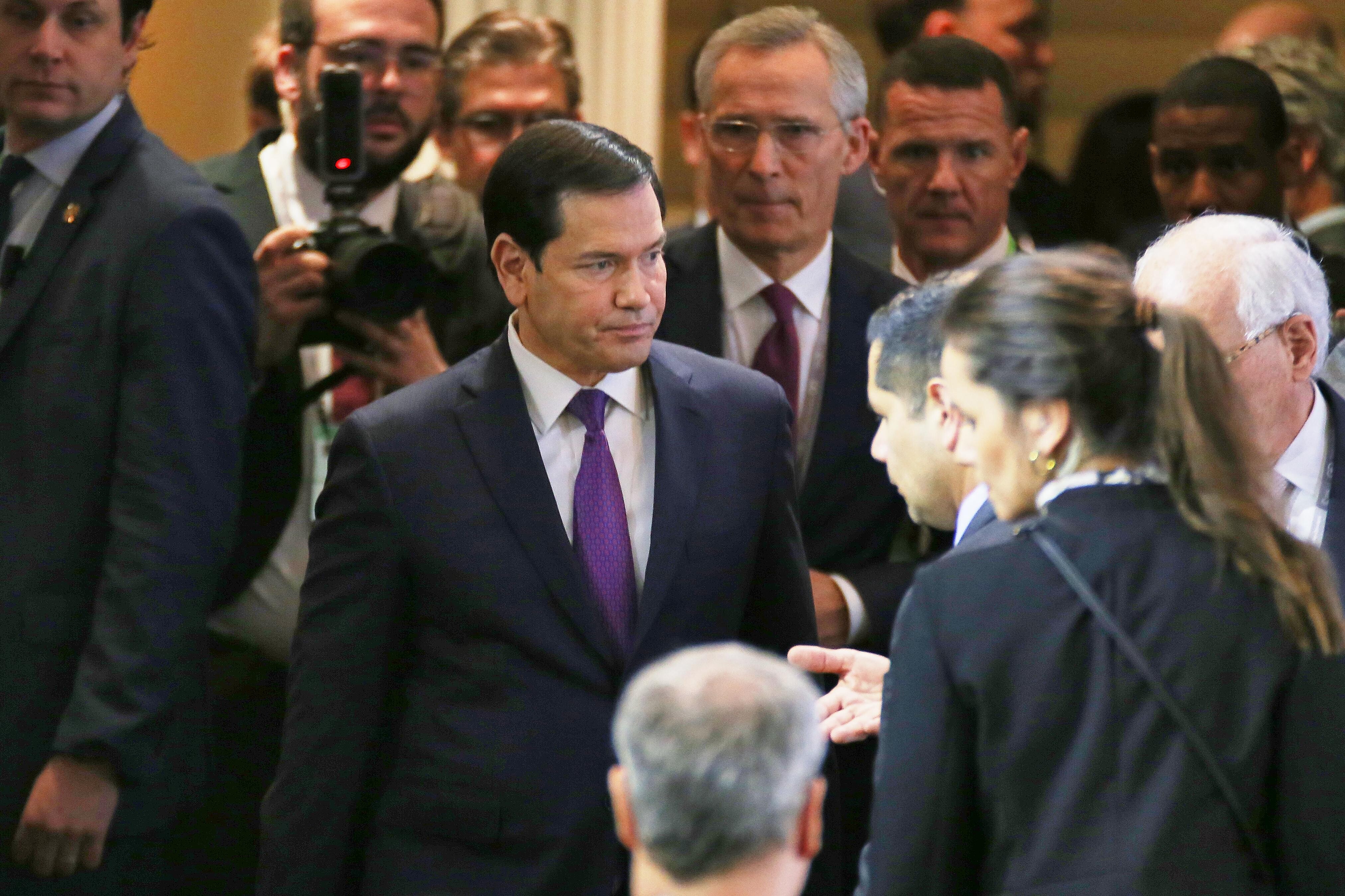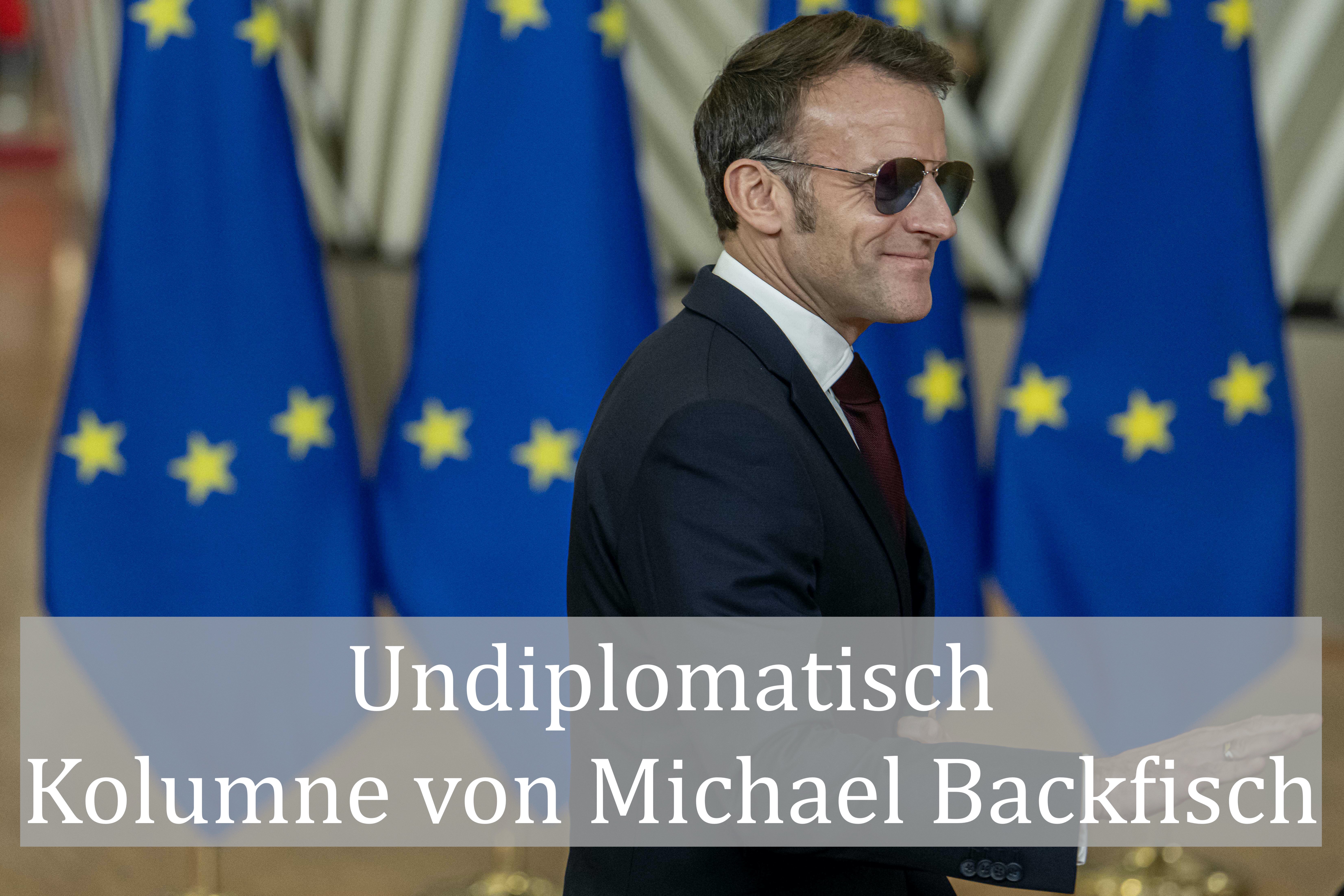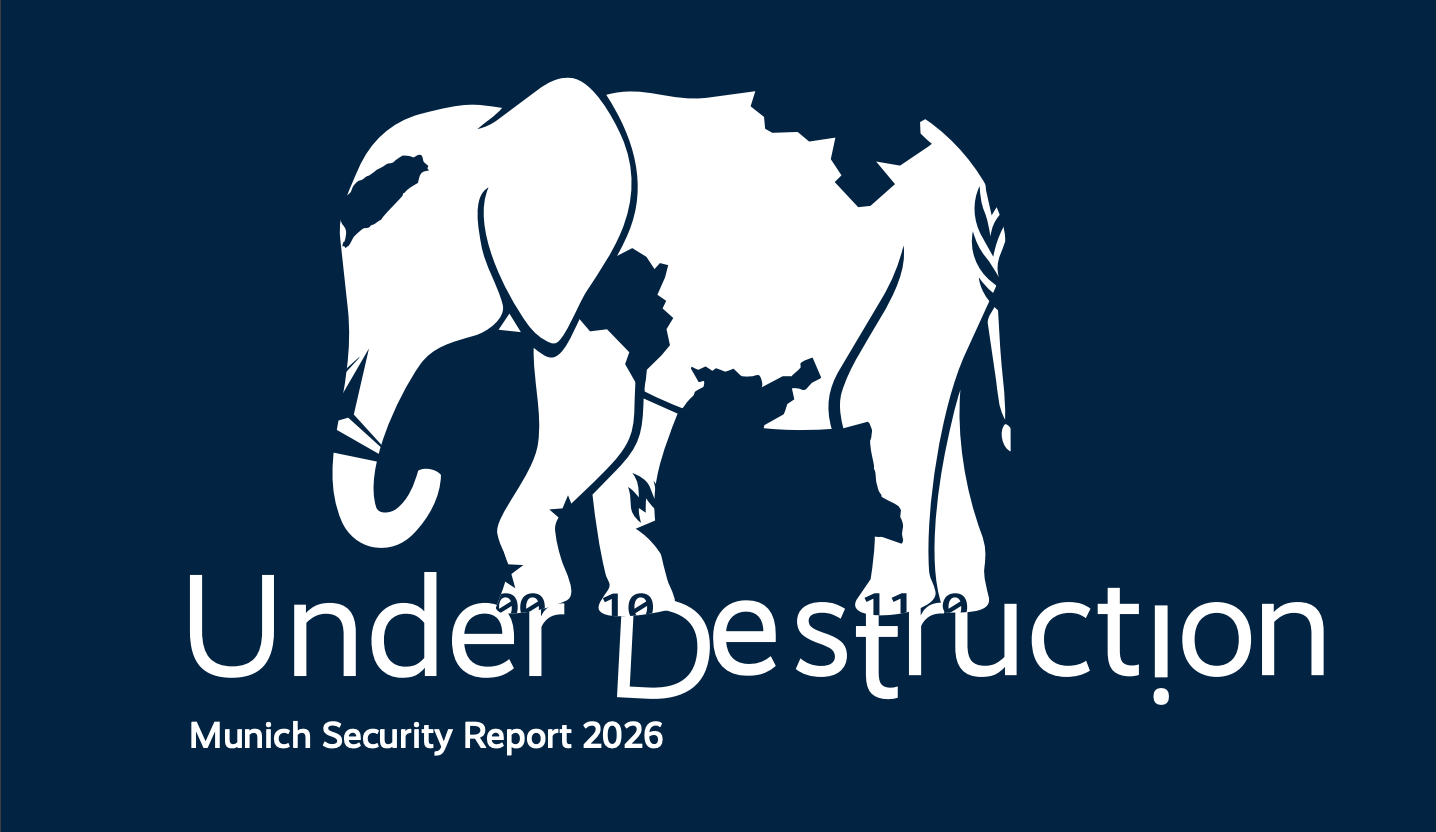diplo.news
The lure of oil dollars
By Michael Backfisch

When American presidents traveled to the Middle East in the past, they often had a strategic vision in their luggage. Jimmy Carter drove Israel and Egypt to the Camp David peace agreement in 1978. Bill Clinton launched the Oslo process between Israel and the Palestine Liberation Organization (PLO) in 1993. George W. Bush worked his way to the illusion that the fall of Saddam Hussein in Iraq in 2003 would trigger a chain reaction of democratization in the Middle East. Barack Obama gave a keynote speech in Cairo in 2009 “to seek a new beginning between the United States and Muslims around the world.”
Donald Trump's current trip to the Middle East is free from such high-flying political ambitions. During the stops in the rich Gulf states of Saudi Arabia, Qatar and the United Arab Emirates, the president is following the lure of oil and gas dollars. It's all about doing business for his own country - but also for his own pocket.
The fact that Trump is making his first regular trip abroad — as he did at the beginning of his first term of office — to the Gulf is primarily due to capital-driven reasons. Although the sheikhdoms earn billions in profits from fossil fuels, they are already preparing for the post-oil and gas era. They have a huge need to invest in renewable energy, artificial intelligence, nuclear technology, airplanes — and weapons.
In Saudi Arabia, Trump arranged the sale of defence equipment worth 142 billion dollars. In addition, Saudi Crown Prince Mohammed bin Salman wants to invest around 600 billion dollars in the USA over the next four years. The Emirates aim to free up around 1.4 trillion dollars for investments in America within ten years.
The fact that Trump is acting as a location marketer for his country is nothing to blame for him. The hunt for deals is to be criticized on our own behalf. Although the president had handed over the management of the family business Trump Organization to his sons Donald Jr. and Eric after his election in 2017, he remained the owner. This means that he too benefits from all income. This is how the first Trump hotel is to be built in the glittering Emirati metropolis of Dubai. The 80-story skyscraper costs around one billion dollars and is being built by local partners. The price tag for the most expensive residential unit, a penthouse, is $20 million. A Trump golf club with several luxury villas is to be built in Qatar. In the Saudi coastal city of Jeddah, the construction of a Trump high-rise building is planned for 533 million dollars.
The business model in the Middle East works like this: Arab corporate partners of the Trump Organization, who either belong to the state or are closely linked to the government, provide the capital for the construction of high-rise buildings, hotels or golf courses. The Trump family sells their name and brand and is paid handsomely for it. It also cashes in the long term for real estate management. Premiere: For the first time, investors can also purchase residential and commercial space in the new Trump Tower Dubai using digital currencies.
The Trump family is thus opening up a new source of finance. Trump sons Donald Jr. and Eric are significantly involved in the management of the cryptocurrency firm World Liberty Financial, founded in 2024. The first multi-million dollar deals with crypto companies in the Middle East have already been completed. Shortly before his swearing-in on January 20, President Trump introduced his own cryptocurrency “$TRUMP,” a so-called meme coin. The onslaught was so great that the overall rating rose to several billion dollars within the first few hours. Trump lured the buyers, who are offering the most money for the digital coin, with a presidential gala dinner at the White House, which is due to take place on May 22.
The boundaries between political function and private business are blurred. With grand ducal nonchalance, Trump blends his own economic interests with the office of president and his prestige. Florian Böller from the Heidelberg Center for American Studies (HCA) at Heidelberg University puts it in a nutshell. “Trump's activities do more than just give the appearance of corruption, they blatantly break and barely conceal the traditional norms for dealing with financial transparency and separating private and official activities. ”




